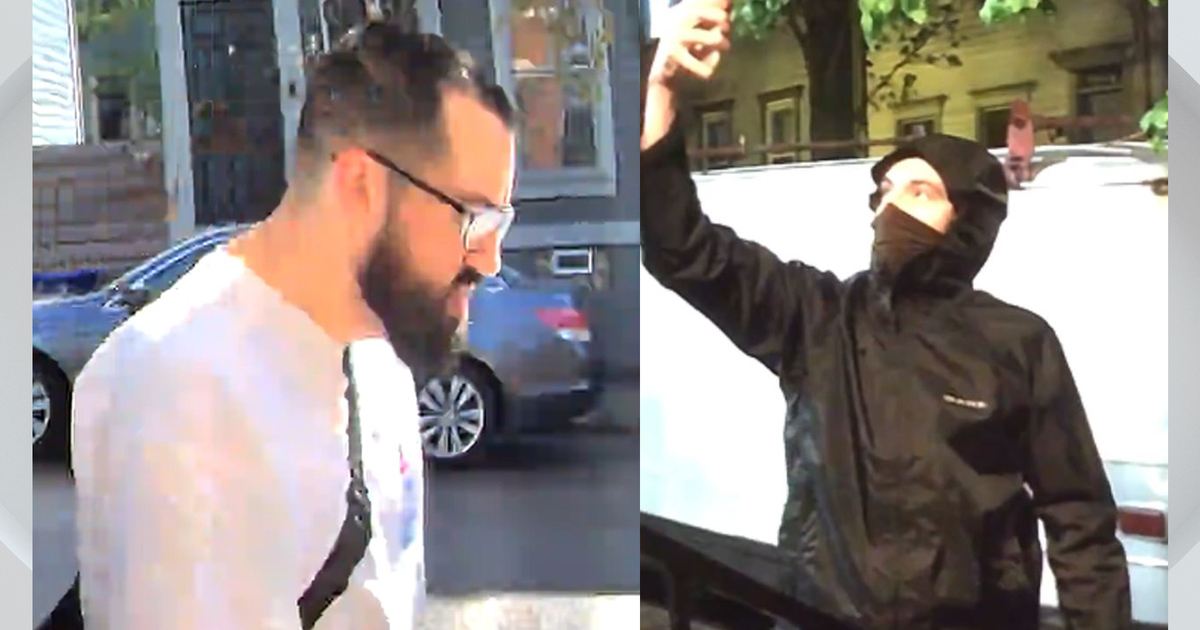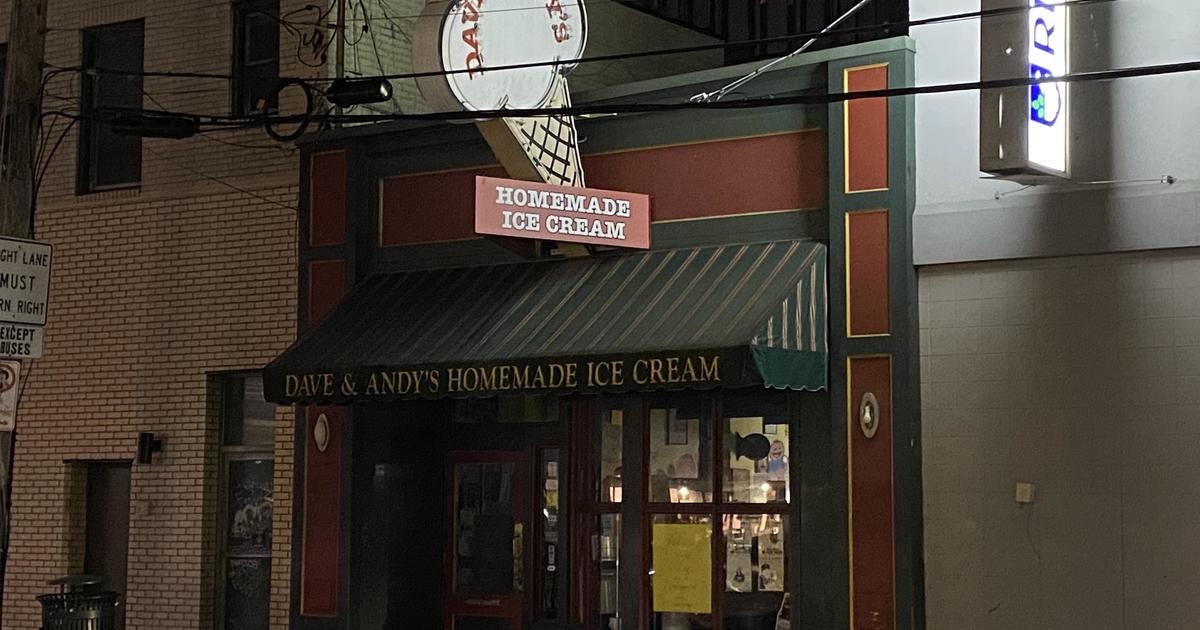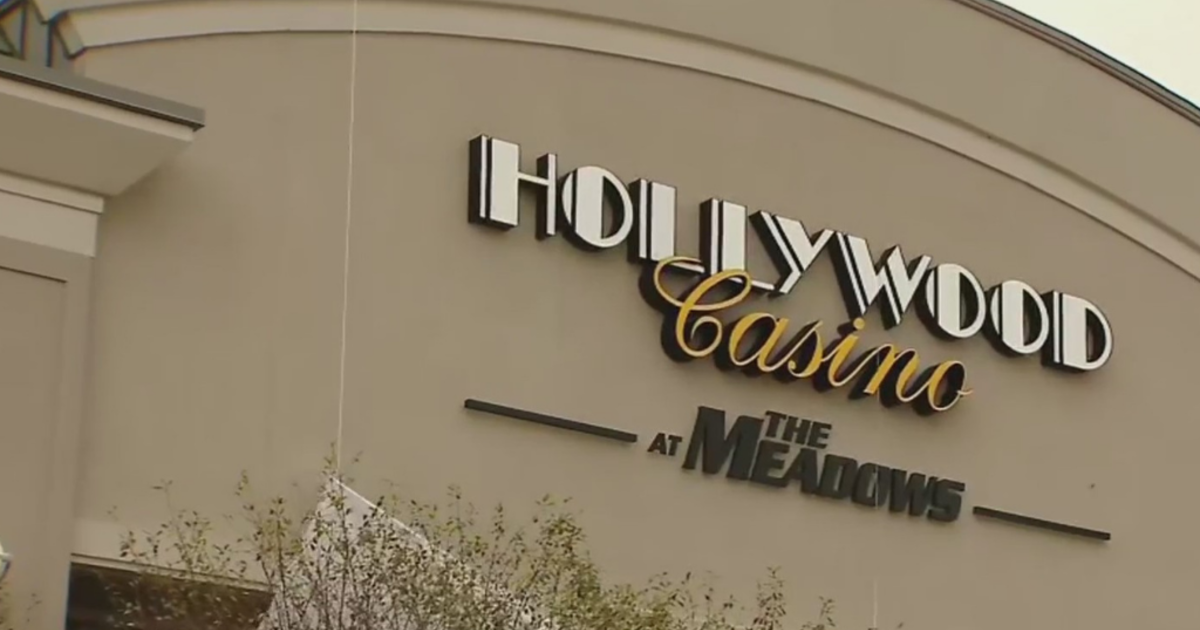Inside Politics With Jon Delano: It Is A Free Country – Do I Have To Stay Home?
PITTSBURGH (KDKA) -- On Thursday, Governor Tom Wolf ordered a complete shutdown of "all non-life-sustaining businesses," essentially a mandatory order that, he said, would be enforced beginning Saturday.
The goal is to enforce social distancing, which is not always possible in the workplace because the coronavirus is so easily spread from person to person.
"The spread of COVID-19 is increasing at an exponential pace. We cannot allow this virus to overwhelm our hospitals," the governor declared.
Wolf emphasized that he was not closing down businesses, encouraging those that could operate remotely from home. And the list of exceptions is rather extensive, usually related to food, medicine, and transportation needs.
On Friday, New York Governor Andrew Cuomo issued a similar executive order, requiring "non-essential" businesses to close on Sunday and urging all workers to stay home as much as possible.
This is hardly the most extreme action taken by governors in response to the coronavirus epidemic.
Governor Gavin Newsom has ordered Californians to stay indoors.
There is no doubt that these orders are disruptive economically and restrictive of our personal liberties.
But does that make them illegal or unconstitutional?
House Speaker Mike Turzai and his House Republican colleagues issued a blistering objection to Governor Wolf's order.
"These actions will shut down many small, family-owned shops and businesses, not only for the duration of this event, but possibly, and probably, forever," declared House Republicans in a statement. "We will explore all avenues available to us to determine whether the action he's taken is allowed within our state Constitution."
The governor justified his action pursuant to powers he has when a disaster emergency is declared, including, he said, the power to control movement and people within a disaster area.
Since in this case, the whole state is the disaster area, he says his orders are legal and constitutional.
Up until now, the governor's actions, like the school closings, have all been voluntary, and, for the most part, local officials have chosen to comply.
But closing a company that feels itself "essential" or even ordering residents to stay indoors may lead to court action.
Putting on my lawyer's hat, I took a closer look at Title 35 with respect to disaster emergencies. At first glance, I am struck that the state legislature needs to update and revise this basic law.
At first glance, he was struck that the state legislature needs to update and revise this basic law.
The state law defines a "disaster" as "a man-made disaster, natural disaster, or war-caused disaster."
Some lawmakers say that does not include a health-related pandemic like coronavirus.
But a "natural disaster" is further defined, among other things, as "other catastrophe which results in substantial damage to property, hardship, suffering or possible loss of life."
Coronavirus would seem to fit in that last category.
The statute is also clear in its definition of a "disaster emergency" to be "those conditions which may by investigation made, be found, actually or likely, to affect seriously the safety, health or welfare of a substantial number of citizens of this Commonwealth."
Once the governor declares such a disaster emergency, the legislature has given him considerable powers, including the authority to "direct and compel the evacuation of all or part of the population from any stricken or threatened area within this Commonwealth if this action is necessary for the preservation of life or other disaster mitigation, response or recovery, [and to] control ingress and egress to and from a disaster area, the movement of persons within the area and the occupancy of premises therein."
No Americans like being told what to do, even in emergencies, and it's natural to push back against rules that seem unreasonable.
But the fear of rapidly spreading coronavirus may be sufficient in many minds to justify the actions to date.
But more executive orders may be coming.
In my view, if an order to quarantine is issued, requiring presumably disease-free citizens to hunker down at home, that's when the courts may find themselves busy.
If they are open for business.



